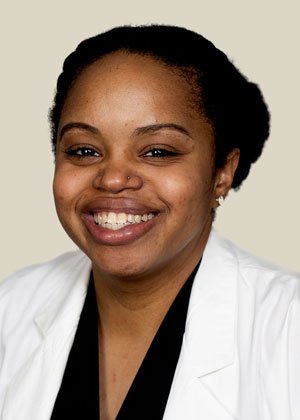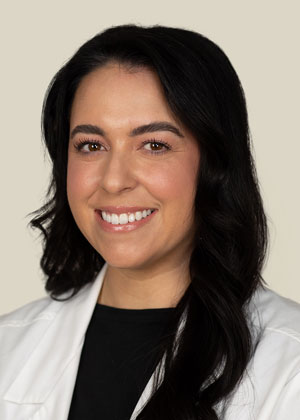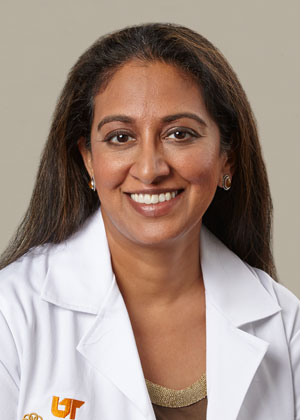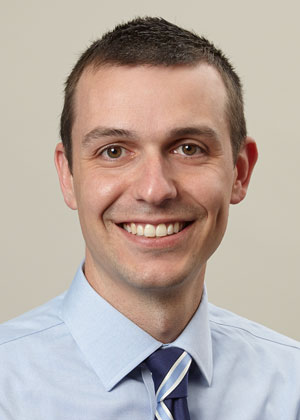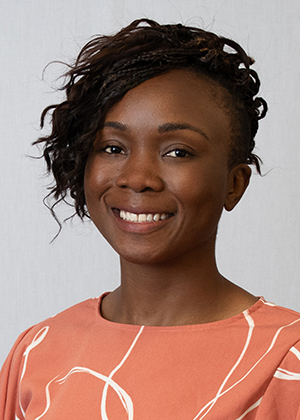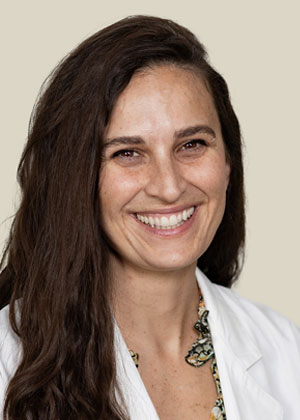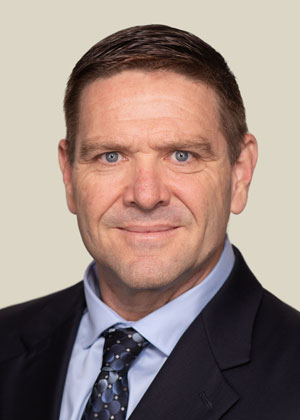Fellowship-level expertise to help patients with dementia and Alzheimer's disease
979 East 3rd Street
Suite C830
Chattanooga, TN 37403
423-778-9001
The term “dementia” describes a group of symptoms affecting memory, cognition, and social abilities severely enough to interfere with daily functioning. There is a certain amount of memory loss that is a normal part of aging, so just having memory issues does not mean you have dementia. It is when these memory issues are combined with impaired judgment, language problems, or the inability to perform common daily activities such as paying bills or driving that dementia may be diagnosed.
Serving adults aged 60 and older, Memory and Aging Services at Erlanger is an outpatient clinic focused on diagnosing and treating mild cognitive impairment and dementia. Our goal is to preserve the dignity and maximize the abilities of each individual, helping them cope with stressful issues such as grief, loneliness, illness and disability, changing roles and status, and family conflicts.
Learn More
Symptoms
Causes/Risk Factors
Diagnosis
Treatment
Outcomes
Prevention
Memory and Aging Services at Erlanger
Patient Questionnaires
Symptoms
Most people have some memory problems as they age. But there is a difference between normal memory problems and dementia or Alzheimer’s. You may want to see a doctor, or take a friend or family member to a doctor, if you recognize symptoms including:
- Difficulty performing familiar tasks
- Problems with language
- Time and place disorientation
- Poor judgment
- Problems with abstract thinking
- Frequently misplacing things of high value
- Severe mood swings
- Personality changes
- Loss of initiative
Causes/Risk Factors
Dementia involves damage of nerve cells in the brain. Symptoms vary depending on the location, severity, and progression of the damage. Some memory loss and confusion is caused by a reaction to medications or an infection, and can be reversed with treatment.
Alzheimer's disease is the most common cause of dementia. Most people develop Alzheimer’s symptoms after age 60, but some people may have early-onset forms of the disease caused by a gene. The exact cause of Alzheimer's disease isn't known, but research shows that plaques and clumps of a certain protein called beta-amyloid, and tangles made up of tau protein are involved.
Vascular dementia, the second most common type of dementia, is caused by brain damage due to reduced or blocked blood flow in blood vessels leading to your brain. Blood vessel problems may be caused by stroke, infection of a heart valve, or other conditions. Symptoms usually start suddenly and often occur in people with high blood pressure or people who have had strokes or heart attacks in the past.
Lewy body dementia gets its name from Lewy bodies, abnormal clumps of protein that have been found in patients’ brains that are also found in those with Parkinson's disease. What makes it different is that patients experience fluctuations between confusion and clear thinking, have visual hallucinations, and tremor and rigidity (parkinsonism). People with Lewy body dementia often have a condition called rapid eye movement (REM) sleep behavior disorder that involves acting out dreams.
Frontotemporal dementia tends to occur at a younger age than does Alzheimer's disease, generally between the ages of 50 and 70. This is a group of diseases characterized by the breakdown of nerve cells in the frontal and temporal lobes of the brain, the areas generally associated with personality, behavior and language. The cause is not known, but is sometimes linked to a gene.
Other disorders linked to dementia include:
- Huntington's disease
- Traumatic brain injury
- Creutzfeldt-Jakob disease
- Parkinson's disease
Conditions that may cause dementia that could possibly be reversed include:
- Meningitis
- Encephalitis
- Untreated syphilis
- Leukemia
- Multiple sclerosis
- Metabolic problems and endocrine abnormalities
- Nutritional deficiencies
- Reactions to medications
- Subdural hematomas
- Poisoning
- Alcohol and drug abuse
- Brain tumor
- Anoxia/hypoxia (lack of oxygen)
- Normal-pressure hydrocephalus
- Other infections and immune disorders
Risk factors that can't be changed include:
- Age
- Family history
- Down syndrome
Risk factors you may be able to control include:
- Heavy alcohol use
- Atherosclerosis and cardiovascular disease
- Blood pressure
- High cholesterol
- Depression (later in life, mostly in men)
- Diabetes
- Elevated homocysteine blood levels
- Low vitamin B12 and vitamin D levels
- Thyroid problems
- Obesity
- Smoking
Diagnosis
Memory loss and other dementia symptoms can have many causes and associated conditions, so diagnosing dementia is a complex process. That’s why Erlanger offers a special clinic for these patients. Designed for adults aged 60 and older, Memory and Aging Services at Erlanger focuses on diagnosing and treating memory and other neurological disorders associated with aging, as well as addressing the needs of families and caregivers. Our goal is to preserve the dignity and maximize the abilities of each individual, helping them cope with stressful issues such as grief, loneliness, illness and disability, changing roles and status and family conflicts.
Some of our dementia tests include:
- Cognitive screening– to measure thinking skills such as memory, orientation, reasoning and judgment, language skills, and attention.
- Neurological evaluation – evaluates movement, senses, balance, reflexes and other areas.
- Brain scans – CT or MRI scans to check for evidence of stroke or bleeding and to rule out the possibility of a tumor.
- Laboratory tests – to rule out physical problems that can affect brain function, such as vitamin B-12 deficiency or an underactive thyroid gland.
- Behavioral screening – to check for depression or another psychological condition may be causing your symptoms.
Treatment
Medical treatment of dementia symptoms may help slow or minimize the development of symptoms, including:
- Cholinesterase inhibitors – drugs including donepezil (Aricept), rivastigmine (Exelon) and galantamine (Razadyne) work by boosting levels of a chemical messenger involved in memory and judgment.
- Memantine (Namenda) – regulates the activity of glutamate, one of the chemical messengers involved in brain functions, such as learning and memory.
- Other medications to address associated symptoms, such as mood changes.
Outcomes
Treatment for dementia and Alzheimer’s involves medication, therapies, and lifestyle modifications. While these treatments can help address symptoms, in most cases, dementia is not reversible or curable. Patients and family members usually need to prepare for the progression of disease and plan for additional care.
Prevention
There's no sure way to prevent dementia, but research shows there are steps you can take that may delay dementia or lessen its affects. These include:
- Keeping your mind active – puzzles, word games, memory training, and reading.
- Stay physically active – exercise has been shown to help with cardiovascular health, which may also affect brain health.
- Stay socially active – keeping social connections stimulates intellectual and emotional flexibility.
- Quit smoking – smoking negatively affects the entire cardiovascular system.
- Lower your blood pressure – talk to your doctor about medication, dietary and lifestyle changes to lower blood pressure.
- Pursue education and learning experiences – research suggests that developing strong nerve cell networks may compensate for nerve cell damage caused by Alzheimer's disease.
- Maintain a healthy diet – a diet rich in fruits, vegetables and omega-3 fatty acids, promotes overall health and may lower your risk of developing dementia.
- ?Get a natural night’s sleep, and treat sleep apnea.
Memory and Aging Services at Erlanger
Erlanger offers fellowship-level expertise in helping patients with dementia and Alzheimer's disease. We specialize in behavioral neurology, Lewy body disease, neurodegenerative diseases, and clinical geriatric neurology.


